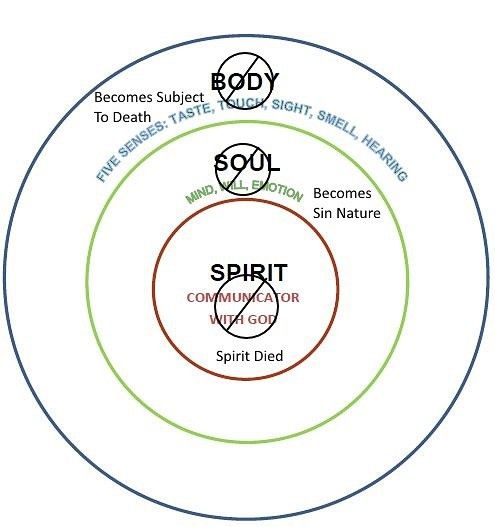
Sunday Study: INHERITING ADAM’S SIN
This content is restricted to site members. If you are an existing user, please log in. New users may register below.
Adam and Eve, death, free will, resurrection, salvation, sin

This content is restricted to site members. If you are an existing user, please log in. New users may register below.
Adam and Eve, death, free will, resurrection, salvation, sin